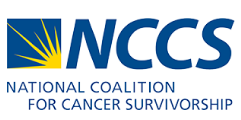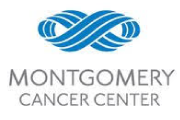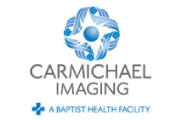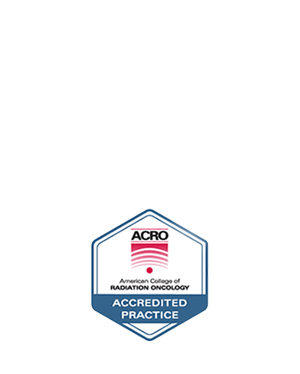What to Know Before Your First Visit
Thank you for choosing Central Alabama Radiation Oncology, LLC for your healthcare services. We are committed to providing world-class care and would like to make your visit with us as pleasant as possible. In this section, you will find information to help make your treatment process at CARO seamless. We have included instructions on what information you will need for your first visit, patient forms, frequently asked questions, and HIPAA and Privacy. If there are other questions that we can address, please give us a call at (334) 395-2200 or email us at info@carollc.com.
Frequently Asked Questions
Cancer Types
At Central Alabama Radiation Oncology, we treat both primary and metastatic brain cancer. A patient diagnosed with a brain tumor, whether the tumor is primary or metastatic, will have a custom-made facemask to aid with their radiotherapy treatments. The mask has holes throughout it so that the patient can both see and breathe freely. The number of treatments a patient receives is dependent on the doctor’s review of their specific case.
Breast cancer can be treated with two types of radiation – external beam radiation and Brachytherapy. Brachytherapy involves the implantation of radioactive material near the site of the cancer. Your radiation oncologist will counsel you on the most effective type of radiation therapy for your treatment.
A typical breast cancer patient will receive 33-36 treatments, depending on the doctor’s orders. The patient will have marks on their skin that will facilitate the radiation therapist with their daily setup. Furthermore, the patient will have a customized immobilization device to aid in the daily setup for their radiation treatments.
The treatment for head and neck cancers varies and depends on several factors, such as the exact location of the tumor, the stage of the cancer, and the patient’s age and general health. You and your physician will carefully consider treatment options and develop a radiation treatment plan.
Radiation therapy may be recommended for both SCLC and NSCLC, sometimes in combination with chemotherapy. A lung patient typically receives 36 treatments. The number of treatments depends on the doctor’s orders regarding the staging of the particular case. A lung patient will have a custom-made treatment device molded around them, placing their arms above their head to assist with their daily radiation therapy setup. The patient will have three marks on their skin that will be used for setup for their daily treatments.
Treatment of prostate cancer with radiation can be delivered in two ways – external beam radiation delivered by one of Central Alabama Radiation Oncology’s state-of-the-art machines, or internal radiation (brachytherapy) delivered through radioactive material placed into the affected area.
A prostate patient will receive between 39 and 45 treatments, depending on the doctor’s orders. The patient will have three marks on their skin that will be used for the setup of daily treatments. To facilitate the treatment, prostate patients are asked to drink at least 16 oz. of water 30 minutes prior to receiving their daily treatment.
Other types of cancers that we treat at Central Alabama Radiation Oncology include skin, cervical, colorectal, bladder, kidney, and ovarian, among others. More information on these types of cancers and their treatment can be found in the helpful links section.
Helpful Links

The National Cancer Institute (NCI), part of the National Institutes of Health (NIH), is one of 11 agencies that compose the Department of Health and Human Services (HHS). It is established under the National Cancer Institute Act of 1937 and is the Federal Government’s principal agency for cancer research and training.

Optune is intended as a treatment for adult patients (22 years of age or older) with histologically-confirmed glioblastoma multiforme (GBM). Optune with temozolomide is indicated for the treatment of adult patients with newly diagnosed, supratentorial glioblastoma following maximal debulking surgery, and completion of radiation therapy together with concomitant standard of care chemotherapy.

Optune Lua is approved for the first-line treatment of adult patients with unresectable, locally advanced or metastatic, MPM to be used concurrently with pemetrexed and platinum-based chemotherapy. In a clinical study, MPM patients treated with Optune Lua plus chemotherapy experienced a median overall survival of 18.2 months.












